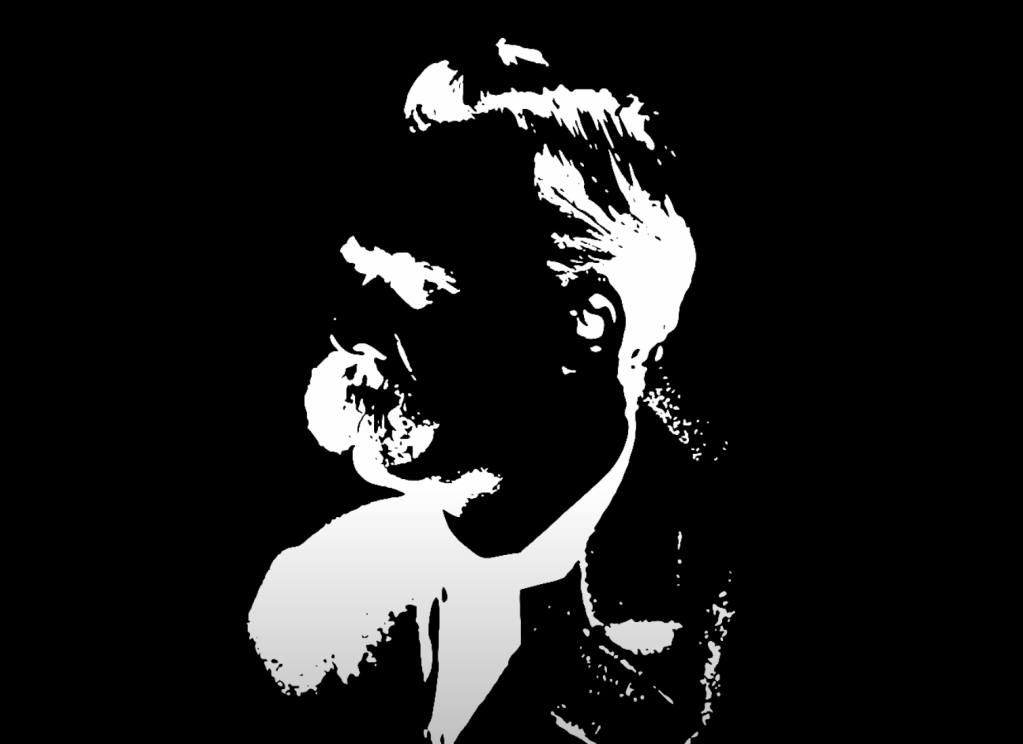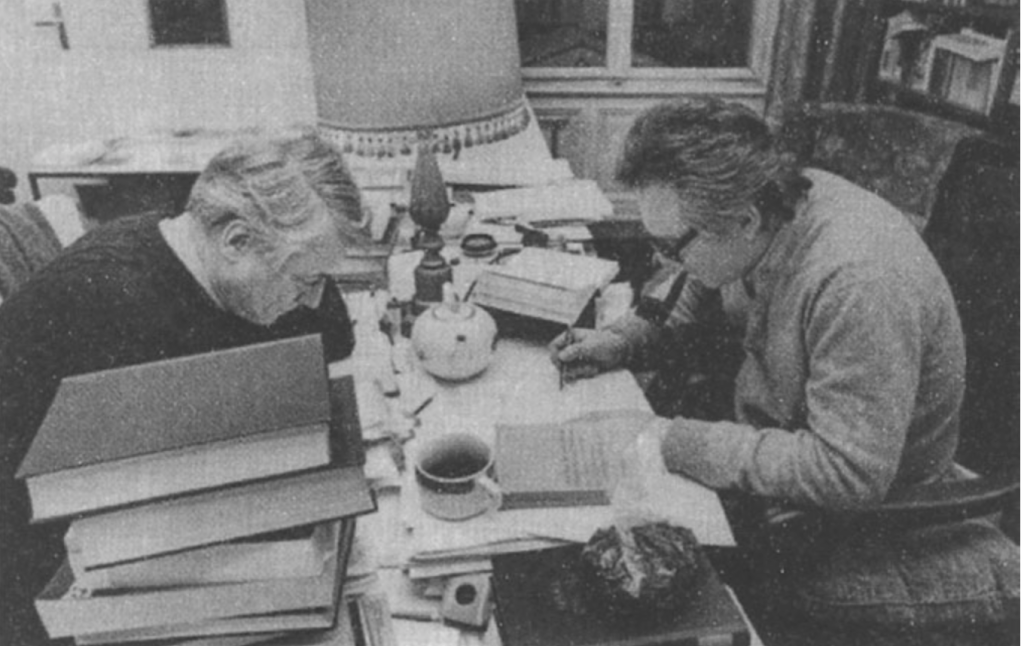I recently published a piece in Sublation Mag on Philip Rieff’s work with a focus on how he thinks Freud’s politics as an “anti-politics.” This essay is worth reading alongside my more recent essay on Léon Rozitchner’s reading of Freud and bourgeois individualism. Both analyses of Freud could not seem more divergent.
For Rozitchner, Freud provides the most significant liberatory framework to think proletarian struggle without forfeiting the familialism implicit in Freud’s notions of Oedipus. From a liberal Nietzschean position, Rieff argues that Freud offers an “anti-politics” which means that Freud’s insights into political struggle pacifies the mob or proletarian elements in society by mastering the irrational drives that lead to political upheavals.
So what unites both Rozitchner and Rieff is a commitment to a more prudential form of subjective liberation in Freud’s thought. But they differ in the political prescriptions they use to apply from Freud’s insights into liberation. Rieff insists that Freud develops an anti-politics whereas Rozitchner argues Freud can be read against the grain as implicitly critiquing the entirety of bourgeois social science. But the aspect I want to stress is that both thinkers read Freud as insisting that a minimal degree of repression is necessary in order for any subjective overcoming to take place. They unite in the way that they read Freud as opposed to a libertine approach to subjective liberation. A libertine approach seeks to take Freud’s insights to think a form of politics that aims to create social conditions in which repressions are completely abolished.
This is not to say that libertine psychoanalysts are the enemy or even reactionary. But how can we understand the ways that they err, precisely? One way to analyze this is through Alain Badiou’s account of truth. For Badiou, there emerge distinct subject positions that come to relate to a novel event of truth, whether that be a truth in the field of art, love, or science. For example, after a great artwork changes the field of art nothing is quite the same and tendencies emerge around that event.
For Badiou, subjects construct a truth by nominating and experimenting with something that was formerly impossible to bring about. There are militant subjects that patiently construct the consequences of the truth remaining in fidelity to its novelty in the world. But there are also reactionary subjects who seek to extinguish its force in the world. There are also obscure subjects who distort the rational application of the truth typically in the name of myth or a lost sense of history or other such fetishes.
We can map Freud’s system of psychoanalysis along Badiou’s subject positions. There are obscure subjects that work with the ideas through mythical and irrationalist applications (Jung). There also emerge reactionary applications which would be seen in neuroscience and the “Freud Wars”, or those who from within the field of psychology seek to deny the Freudian truths. Then there are militants who patiently work with the truths of the system in such a way that they adhere to its insights and seek to patiently construct the consequences from the insights.
But one thing that is unclear in this framework is how we might differentiate between the reactionary and the militant. For example, if we examine Wilhelm Reich’s notions of liberation we find that at times he clearly falls in line with a militant application of Freud’s insights in the way that he seeks to radicalize and universalize subjective liberation beyond the bourgeois class and to make psychoanalysis more egalitarian. But yet there are aspects of Reich’s approach to liberation and his theory of power that promote something other than a reactionary application. They rather promote an excessive libertinism which can lead to regressive outcomes both on a social and subjective level.

Kurt Cobain in William S. Burroughs’s Orgone Accumulator.
This is not to say that libertine approaches are to be rejected tout court, but rather that they need a more prudential and rational treatment in any understanding subjective freedom. It is not a conservative position to claim that Wilhelm Reich’s aim to thoroughly abolish core constructs of subjective life that form the bedrock of the Oedipus complex is problematic. It is precisely here that I think Lacan and Rieff and of course Freud offer a corrective to excessive libertinism.
We can think of libertinism as a tendency in need of the virtue of prudence. I would suggest that virtue ethics becomes important when we think about psychoanalysis and liberation. It may surprise you, but Deleuze is a thinker who was aware of the pitfalls of excessive libertinism at times in his own work.
In other work I have written on Deleuze’s ethics, I claim his insights help us understand this problem I am identifying. In his book Logic of Sense, for example, Deleuze was keenly aware of the dangers that come from excessive libertinism, which is why he favored the subjective protagonist of Lewis Carroll over Antonin Artaud. That favorability shifted later in Anti-Oedipus to Artaud and I think that much of Anti-Oedipus is problematic at the subjective level because the implications of its teachings end up resulting in excessive libertinism, the approach favored in this work poses a danger of plausible scale and the risk that the insights will result in a counterculture politics. And I have also suggested that Deleuze remained aware of the pitfalls of excessive libertinism or what Stiegler calls ‘ultra-liberalism’ in practice in his later work after the Control Societies essay in the early 1990s. Deleuze stands for prudence as the most important virtue to cultivate because it is in the managing of ego overcoming that the subject must not fragment too radically or too thoroughly.
Now Phillip Rieff’s critique of Wilhelm Reich in Triumph of the Therapeutic has many merits despite being highly contradictory. In the first iteration of bourgeois politics prior to the 60s and 70s cultural revolution, Freud’s anti-politics were good because they kept bourgeois culture intact. But after the cultural revolution, anti-politics have become bad. But why? Here we are faced head on with Rieff’s muddled conservatism. For if his diagnosis of the cultural revolution is correct, it would require a political intervention that is a broad-based working-class socialist politics to correct the tendencies of a libertine politics that treats political mediations with a more dialectical form of analysis. But Rieff is agnostic on politics which results in his own turn to an obscure ascetic retreat from public life all together.
It is not accurate to conflate Lasch with Rieff in this regard. I rather believe that Lasch’s politics remained committed to a socialist vision throughout his work even in the True and Only Heaven. And moreover, the insights into the perils of excessive libertinism that Deleuze, Rieff and Lasch all share are not necessarily conservative interpretations of psychoanalysis. A politics bent on the abolishment of repression will result in regressive tendencies and a crisis over the possibility to overcome dependencies and authority, this is not a conservative view. And aspects of the 60s and 70s cultural revolution have led to wide-scale cultural effects that have fomented regression in our culture. It’s not accurate to call this a conservative insight of psychoanalysis, the antinomian approach is valid, but it has to be kept in check with a more prudential treatment of subjective overcoming.



Leave a comment